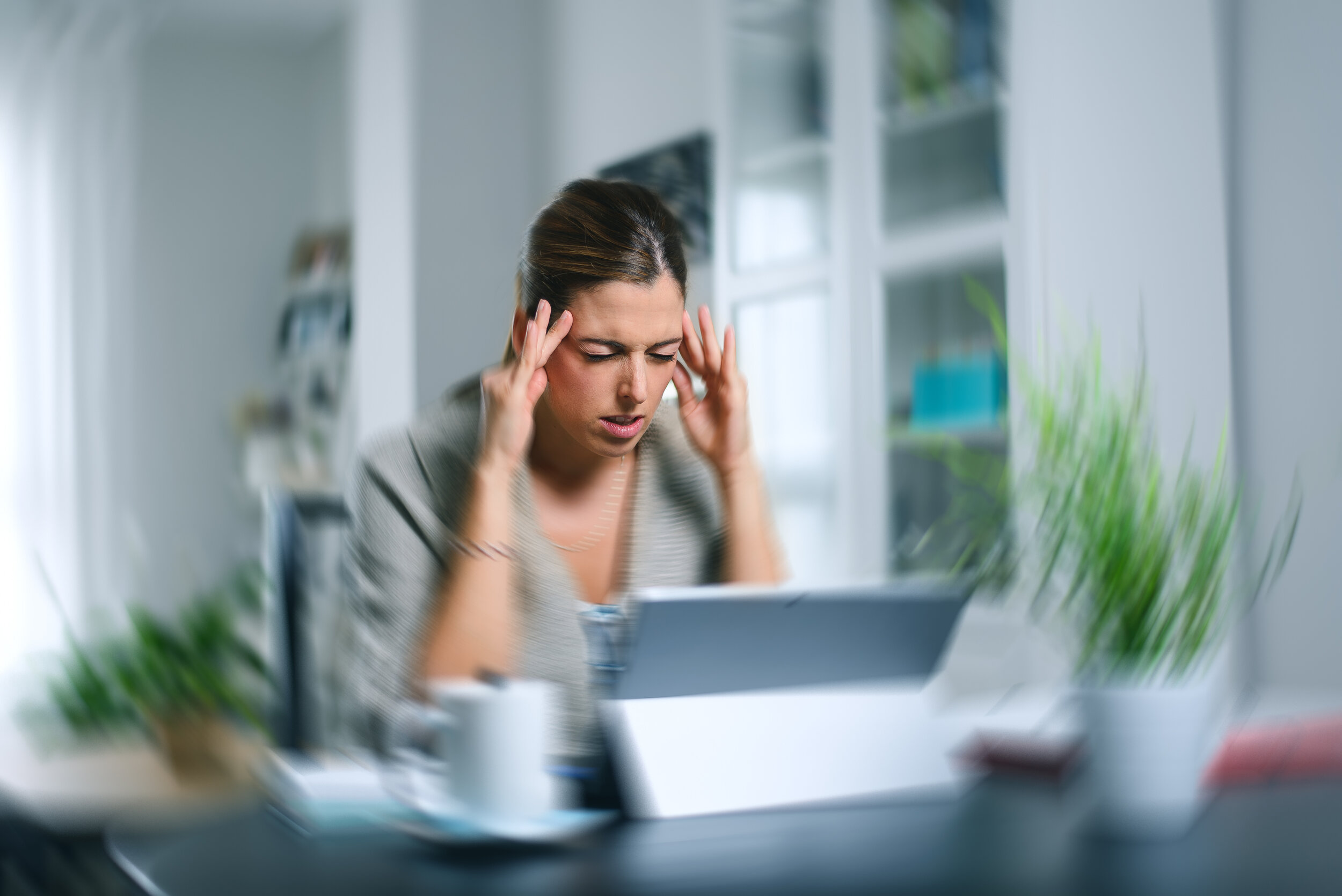The unexpected effects of COVID seem to be never ending. From toilet paper shortages to Clorox winning the stock market, we are living in a reality none of us could have predicted. It was impossible to buy yeast for months -that’s weird!
A big unexpected effect for me and my vestibular clients has been a sharp increase in dizziness. Almost daily, I'm seeing clients from months and years past saying the same thing:
My symptoms are coming back and I don’t know why.
Here’s my break down of why I think this is occurring and what you can do to combat it.
The success of vestibular rehabilitation relies on three key components:
Appropriate exercises that target the right problems - when working with someone with a vestibular disorder, it’s important to zero in on the cause of the problems and give the right exercises (learn more about that here).
Getting enough activity and stimulation to keep everything firing - it’s the classic 'Use It or Lose It’. For any brain to learn and retain anything, it needs to be used. This is one of the principles behind neuroplasticity (learn more about that here).
Managing stress and fatigue - these two things are the biggest inducers of vestibular symptoms. When stress or fatigue increase, symptoms typically aren’t far behind.
For most people, this pandemic has thrown two of the three components right in the trash. Stress is way up and activity levels are way down. Since the beginning of the year, there’s been a well documented rise in stress, anxiety and depression in the general population. This has spilled over into every area of our lives including the vestibular system. Combine that with less movement in our days - no exercise classes, working from home and staring at a screen for waaaaay longer than normal - and you have a recipe for a vestibular disaster.
So how do you combat this? How can you avoid this system crash?
Get outside. For your brain to be happy and stimulated, you need unpredictable stimuli. You need to see the birds swooping in the air and the cars driving by you. You need to navigate curbs, potholes and other people. You need to get outside the four walls of your home and let your brain experience something else.
Try something new. I know this is hard to do in a pandemic, but there are lots of pandemic-friendly activities that are also great for your vestibular system. Online exercise classes, diving headfirst into more complex recipes in the kitchen and dragging your bike out of the garage for a 10 km ride are all great ways to give your brain a real work out.
Go for a walk with a friend. This is very much a Dr. Bonnie Henry-approved activity and a great one for your vestibular system. Not only will it help you lower your stress levels but the activity of turning your head to talk to your friend as you walk is a great vestibular exercise!
Meditate. The research behind mindfulness practice and meditation is staggering in its breadth. It has been shown to decrease the symptoms of anxiety and depression, lower blood pressure, improve sleep, help control pain and improve quality of life. If you’re not sure how to get on the meditation train, guided meditations are a great starting point - you can find several on Youtube or through apps like Calm and Headspace.
Practice your vestibular exercises. If you’re a client of ours, you likely have a maintenance program you were given on your last day with the instructions to practice them three times per week. If you’ve fallen off the vestibular exercise wagon, it’s time to climb back on.
Get the right help. If your symptoms are skyrocketing, reach out! It may be that a vestibular therapist is the right person for you or it may be a counselor or psychologist is your best bet. A conversation with your family doctor is also a great place to start.
Whatever the reason for your symptom increase, know these two things: you are not alone and there are things that can help get your symptoms back under control. Reach out to us at (778) 630-8800 or by email. Through in person or virtual appointments, we are here to help!






